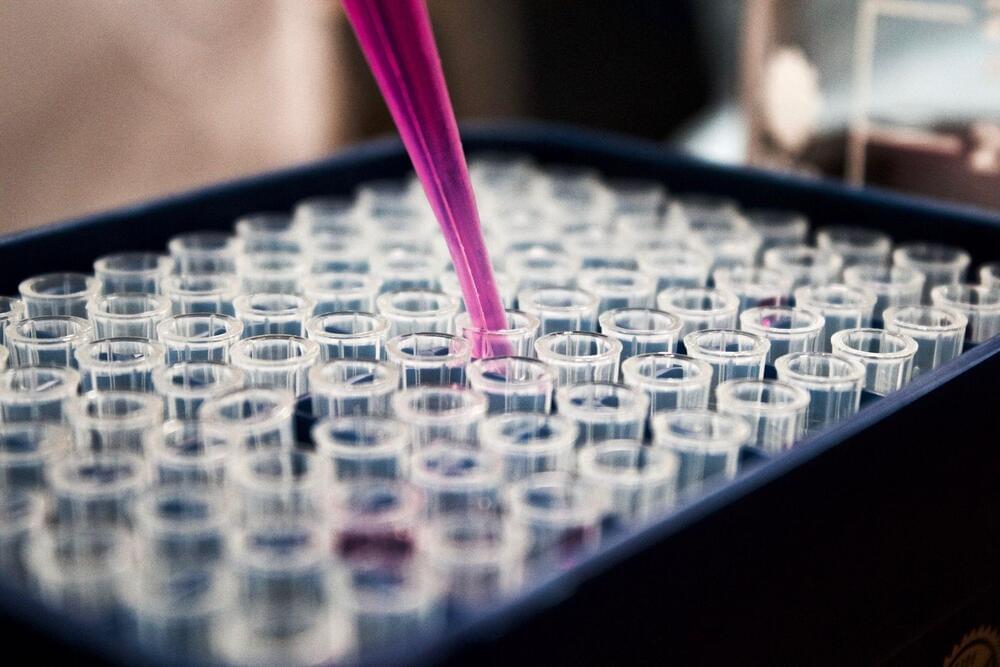Ray Kurzweil — The Singularity IS NEAR — part 2! We’ll Reach IMMORTALITY by 2030
Get ready for an exciting journey into the future with Ray Kurzweil’s The Singularity IS NEAR — Part 2! Join us as we explore the awe-inspiring possibilities of what could be achieved before 2030, including the potential for humans to reach immortality. We’ll dive into the incredible technology that could help us reach this singularity and uncover what the implications of achieving immortality could be. Don’t miss out on this fascinating insight into the future of mankind!
In his book “The Singularity Is Near”, futurist and inventor Ray Kurzweil argues that we are rapidly approaching a point in time known as the singularity. This refers to the moment when artificial intelligence and other technologies will become so advanced that they surpass human intelligence and change the course of human evolution forever.
Kurzweil predicts that by 2030, we will reach a crucial milestone in our technological progress: immortality. He bases this prediction on his observation of exponential growth in various fields such as genetics, nanotechnology, and robotics, which he believes will culminate in the creation of what he calls “nanobots”.
These tiny robots, according to Kurzweil, will be capable of repairing and enhancing our bodies at the cellular level, effectively making us immune to disease, aging, and death. Additionally, he believes that advances in brain-computer interfaces will allow us to upload our consciousness into digital form, effectively achieving immortality.
Kurzweil’s ideas have been met with both excitement and skepticism. Some people see the singularity as a moment of great potential, a time when we can overcome our biological limitations and create a better future for humanity. Others fear the singularity, believing that it could lead to the end of humanity as we know it.
Regardless of one’s opinion on the singularity, there is no denying that we are living in a time of rapid technological change. The future is uncertain, and it is impossible to predict with certainty what the world will look like in 2030 or beyond. However, one thing is clear: the singularity, as envisioned by Kurzweil and others, represents a profound shift in human history, one that will likely have far-reaching implications for generations to come.
0:00 Intro.







